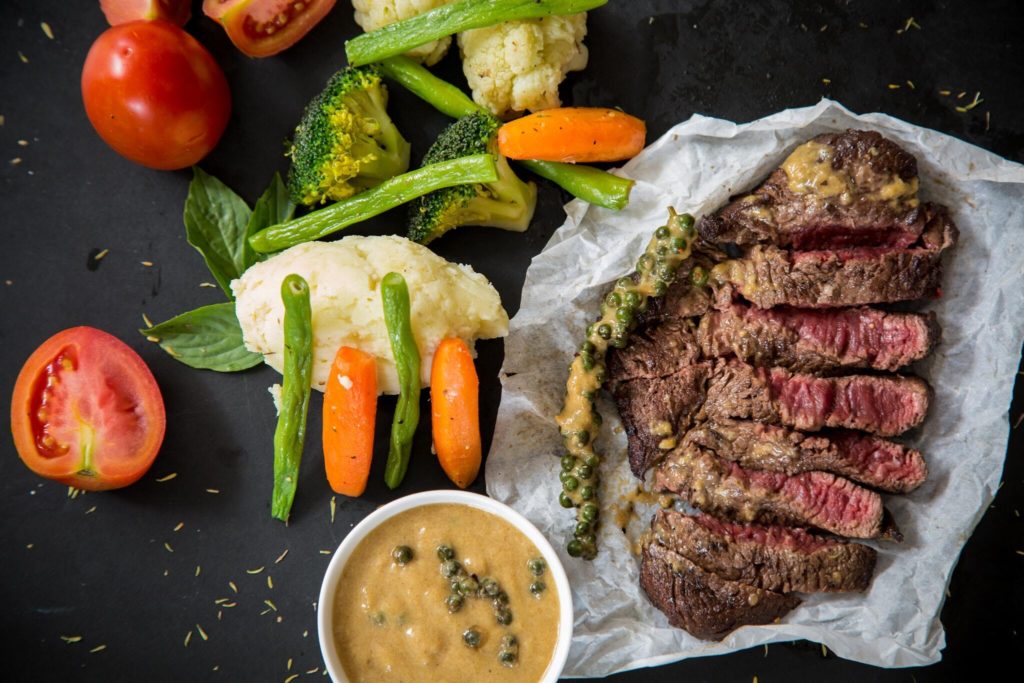Proteins are the most essential ingredients of food, without which the body cannot grow and develop. The functions of protein in cells are so important because they serve as a plastic material. Moreover, they are responsible for the rational use of nutrients, help the muscles to contract, provide immune protection, regulate the synthesis of hormones.
What Do Proteins Do?
Proteins can not accumulate in the body, like carbohydrates or fats, but nevertheless, they are constantly needed, so they should be replenished daily to help the body works in the right way. The main protein function is in the construction of cells, but as a source of energy, they have a fairly minor value, such a role is given to carbohydrates and fats, and protein-energy capacity is only 1 gram of 4 kcal. Besides, there are 3 the most important functions of the protein.
Regulatory Function
It regulates the speed of biochemical processes and provides complex mental and physiological phenomena in the brain. Proteins are regulators of reading genetic information from DNA.
Hormones – biologically active substances that affect metabolism. Many hormones are proteins. One of the most famous hormonal proteins is insulin. It reduces the content of sugar in the blood, promotes the synthesis of glycogen in the liver and muscles, increases the formation of fats from carbohydrates, affects the exchange of phosphorus, enriches cells with potassium.
Contraction Function
Many proteins have a contractile function. This is primarily the proteins of actin and myosin, which are part of muscle fibers of organisms. The contraction function is inherent not only in muscle proteins but also in another one, which provides the shortest processes of vital activity of cells.
Protective Function
The main function of protection in the body is performed by the immune system, which provides the synthesis of specific protective antibody proteins in response to the introduction of bacteria, toxins, viruses or foreign proteins into the body.
What Are The Symptoms Of The Deficiency Of Protein?
Unlike fats and carbohydrates, protein in the human body does not accumulate, so the lack of protein in the diet quickly affects the state of health. Deficiency of protein is manifested by such symptoms as general weakness, tremor in the limbs, headaches, insomnia, violation of coordination of movements, nervousness, tearfulness, pale skin, and bad healing wounds.
What Are The Symptoms Of An Excess Of Protein?
Excessive protein in the body also negatively affects health. It increases the load on the liver, and its decomposition products can cause severe intoxication. With prolonged poisoning, may develop kidney and liver diseases.
The organism can absorb only a certain amount of proteins. In order to bind extra proteins, the body uses calcium. If there are too many of them, then the need for macro elements increases substantially – calcium that is contained in the bones begins to be used.
So protein in the body plays a very important role. There are a lot of protein functions but 3 of them such as regulatory, contraction and protective are the most important.

PvjAxhSauCwLHTIy